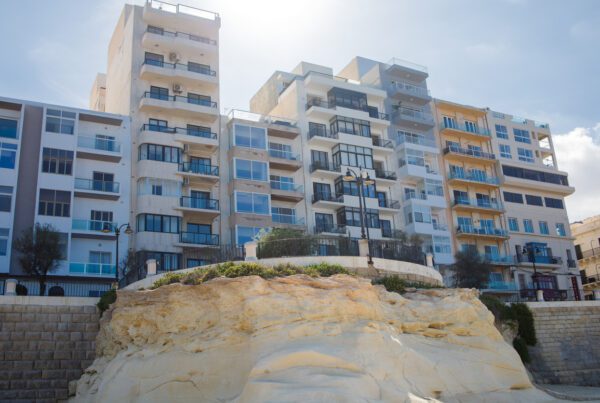REST PERIODS IN MALTA
Where the working day is longer than 6 hours, an employee is entitled to not less than a 15 minute rest period, unless a longer period of rest is provided by any other regulation or agreement. Such rest break is not considered as working time. From one working day to another, every worker is entitled to a minimum daily rest period of 11 consecutive hours. In addition to the 11 hour daily rest, every worker is entitled to an uninterrupted weekly rest period of:
- 24 consecutive hours within a seven day period, or
- One period of 48 consecutive hours within a 14 day period, or
- Two periods of 24 consecutive hours each within a 14 day period.
However, in certain circumstances specified by the law, there may be the possibility for a worker not to take the full rest period, provided that equivalent compensatory rest periods are given to the worker concerned at times immediately following the corresponding periods worked.
For more information about hours of work and rest periods, feel free to contact any of our Team Members in our Employment Law Department at Mifsud & Mifsud Advocates.















